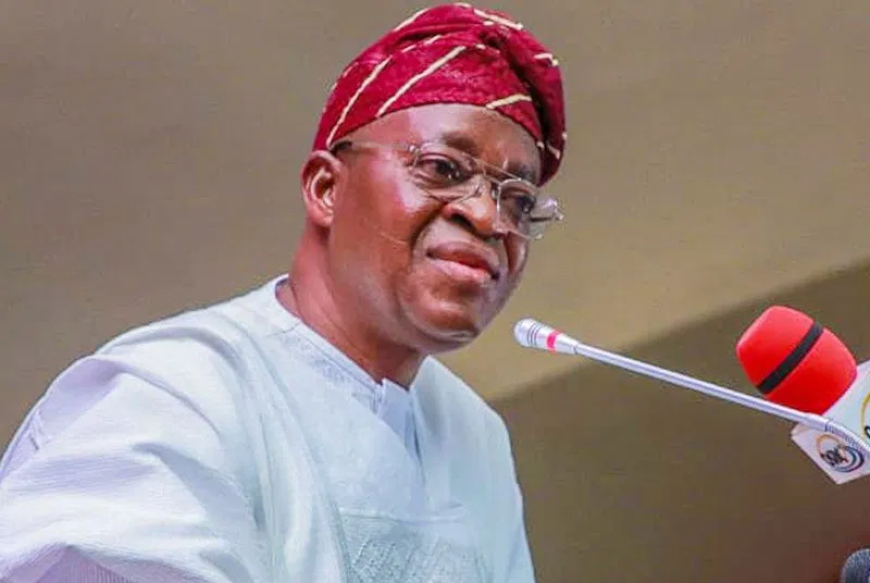Blue economy grossly underfunded, says Perm Sec

The Permanent Secretary of the Ministry of Marine and Blue Economy, Mr. Olufemi Oloruntola, has declared that the ministry’s annual budgetary allocations are a fraction of what is required to modernise boats, secure waters, grow fishing, promote tourism, and invest in renewable mining resources.
Oloruntola stated this while presenting a paper titled ‘Imperatives of public investment for marine and blue economy development’ in Lagos recently.
He stressed that the gap between mandate and resources underscores the urgency of innovative financing mechanisms and stronger public-private partnerships if the country is to truly move from policy to impact.
“It is important to acknowledge that the resources we currently receive from the national budget are grossly inadequate compared to the elements we were submitting before the ministry and its sector. The mining and bricklaying sector is a vast, complex, and capital-intensive sector. Yet, our annual budgetary allocations remain a fraction of what is required to modernise boats, secure waters, grow fishing, promote tourism, and invest in renewable mining resources.
This gap between mandate and resources underscores the urgency of innovative financing mechanisms and stronger public-private partnerships if we are to truly move from policy to impact. Priority sectors requiring urgent finance, let me elucidate,” he said.
Nigeria’s marine and blue economy encompasses a wide range of sectors vital to economic diversification, job creation, and sustainable development. With over 853 km of coastline, extensive inland waterways, and access to the Gulf of Guinea, Nigeria has the geographical and natural advantages to build a world-class marine economy.
However, these opportunities remain largely untapped due to inadequate investment, outdated infrastructure, and fragmented policy implementation. Despite being recognised as a high-performing ministry in terms of policy formulation and administrative delivery, the Ministry of Marine and Blue Economy cannot deliver real, large-scale impact without matching resources, including funding.
Oloruntola maintained that public funding is required to achieve de-risking private sector participation, particularly in infrastructure in heavy sectors.
“To strengthen regulatory frameworks and institutions for transparent governance, to provide catalytic finance in areas where social returns are higher than the immediate commercial return. To align investments with national policy priorities such as food security, energy transition, grid employment, and climate resilience,” he said.
According to Oloruntola, it is important to note that Nigeria’s marine economy spans multiple sectors, with each requiring targeted public investments to catalyse sustainable development.
“For clarity, this may be grouped into two broad clusters: infrastructure and transport, and the sustainable economic sector. For infrastructure and transport, our ongoing port modernisation agenda, including the revitalisation of the eastern port and the adoption of smart port systems, requires substantial public investment. Without such infrastructure, Nigeria risks losing regional competitiveness to neighbouring states,” Oloruntola added.
He emphasised that incentives for shipbuilding, repair, and support for indigenous and maintenance facilities are also valued, adding that public investment in these areas will reduce capital flights from freight payments estimated to be billions of dollars and strengthen Nigeria’s maritime sovereignty.
“On the other flip side of the sustainable economic sector, we have fisheries and aquaculture, under which strengthening the value chain in industrial, artisanal, and inland fisheries is key. The establishment of fish landing sites, processing facilities, and cold chain logistics is vital. This is an untapped sector with high foreign assets and important shares,” he said.









